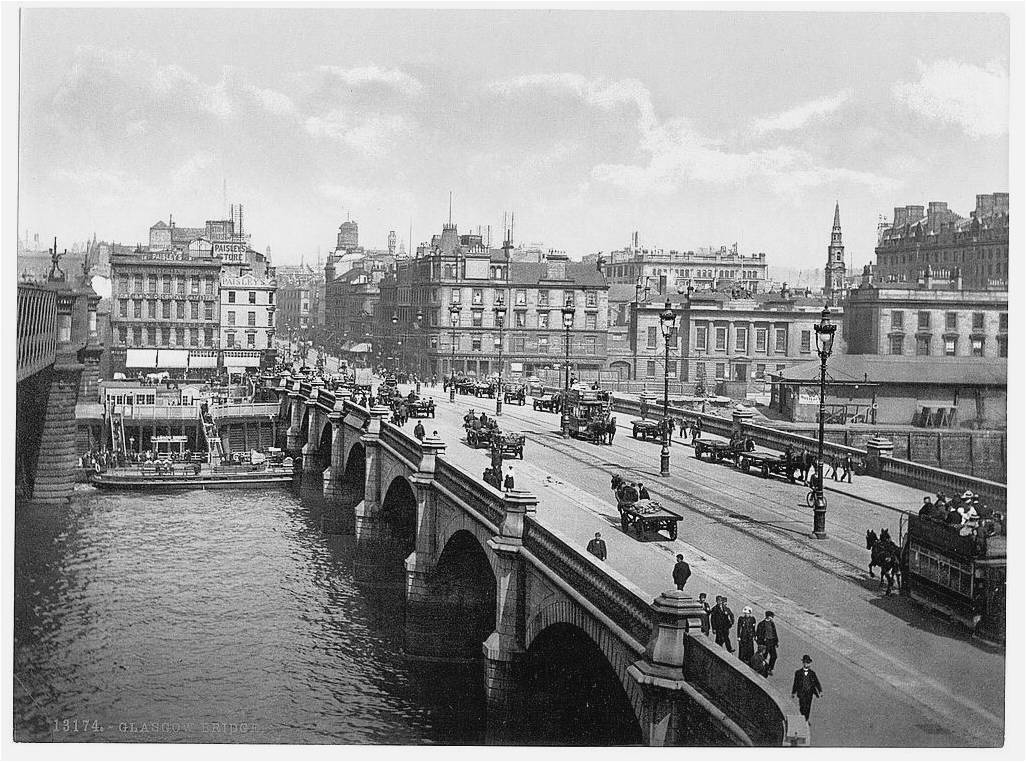 Friday, June 22, 2012
Friday, June 22, 2012 facebook in the public sector - a quick round-up

A room full of people came together to hear some fine ideas about Facebook. Part traditional conference and part unconference the Facebook for the Public Sector was a joint venture between Comms2point0 and Public Sector Networks.
Here's a quick round-up of some of the points from the morning session along with some great free resources for you to enjoy.
There are loads of ways to remove the barriers to using social media, as well as getting buy in – talk in senior management language, talk to the people who can say “yes”, get someone senior to be your advocate, and start small to build the case.
Opening up Facebook – Monmouthshire did it and the world didn’t end. IT systems didn’t crash, productivity didn’t suffer and no one made an idiot of themselves. Organisations don’t usually make a habit of employing people they don’t trust, so show that trust by empowering them to use these tools.
Facebook: why and how – the stats speak for themselves. There are 31 million people in the UK who use Facebook, three times as many as buy a daily paper. Top tips for getting Facebook right include “sharing the sweets”, surrendering control and letting all staff have a go and trusting them to do so, and going out and engaging people where the already are. Be genuine – don’t automate updates and keep it relevant. Be responsive – people expect things instantly, and we need to meet those expectations. Be relevant – people are far more interested in following small specific accounts that are relevant to them, rather than big authority-wide accounts publishing corporate messages.
Coventry are doing some great things with Facebook, partly thanks to the brilliant idea of just calling it “Coventry” – after all, who wants to be a fan of a Council? After a modest but solid start, their following enjoyed a huge boost when the snow came, rocketing from 527 followers to over 11k in two weeks. 50% of those were kids, desperate to know if their school was closed. A perfect example of how important it is to make it relevant to real people.
Facebook and social media has become crucial in an emergency. For preparing, raising awareness of what people can do to be ready if the worst should happen; for warning and informing, getting messages out quickly and offering a more resilient platform compared to local sites which may go down; for recovering, helping to coordinate the community and boost morale; and for reviewing, looking back at what worked well and how it might be improved next time, informing future emergency planning.
Going beyond Facebook, we heard about the potential of sharing your content through the likes of Wikipedia and the Creative Commons licence, reaching a wider audience and opening up new possibilities you may not have thought of. Social media is all about sharing, and we’ve got content that people want to share.
For the presentations from the event click this nice link here.
Here's a link to more than 500 tweets that were pinging around in the run-up and on the day.
Darren Caveney of Comms2point0 spoke on how to get senior management buy-in.
Helen Reynolds of Monmouthshire Council spoke of how opening-up social media in an organisation can lead to benefits.
Dan Slee of Comms2point0 spoke of the how and the why of Facebook
Ally Hook of Coventry City Council spoke on how to build a Facebook page.
Ben Proctor of likeaword talked on how Facebook is vital in an emergency.
Andy Mabbett spoke of how to open licence images and Wikipedia.
Andrew Walker, head of comms at the Police Service of Scotland and Central Scotland Police talked of how they use Facebook.
Sign up for our weekly email digest. You can do that here.
 facebook
facebook 














Reader Comments